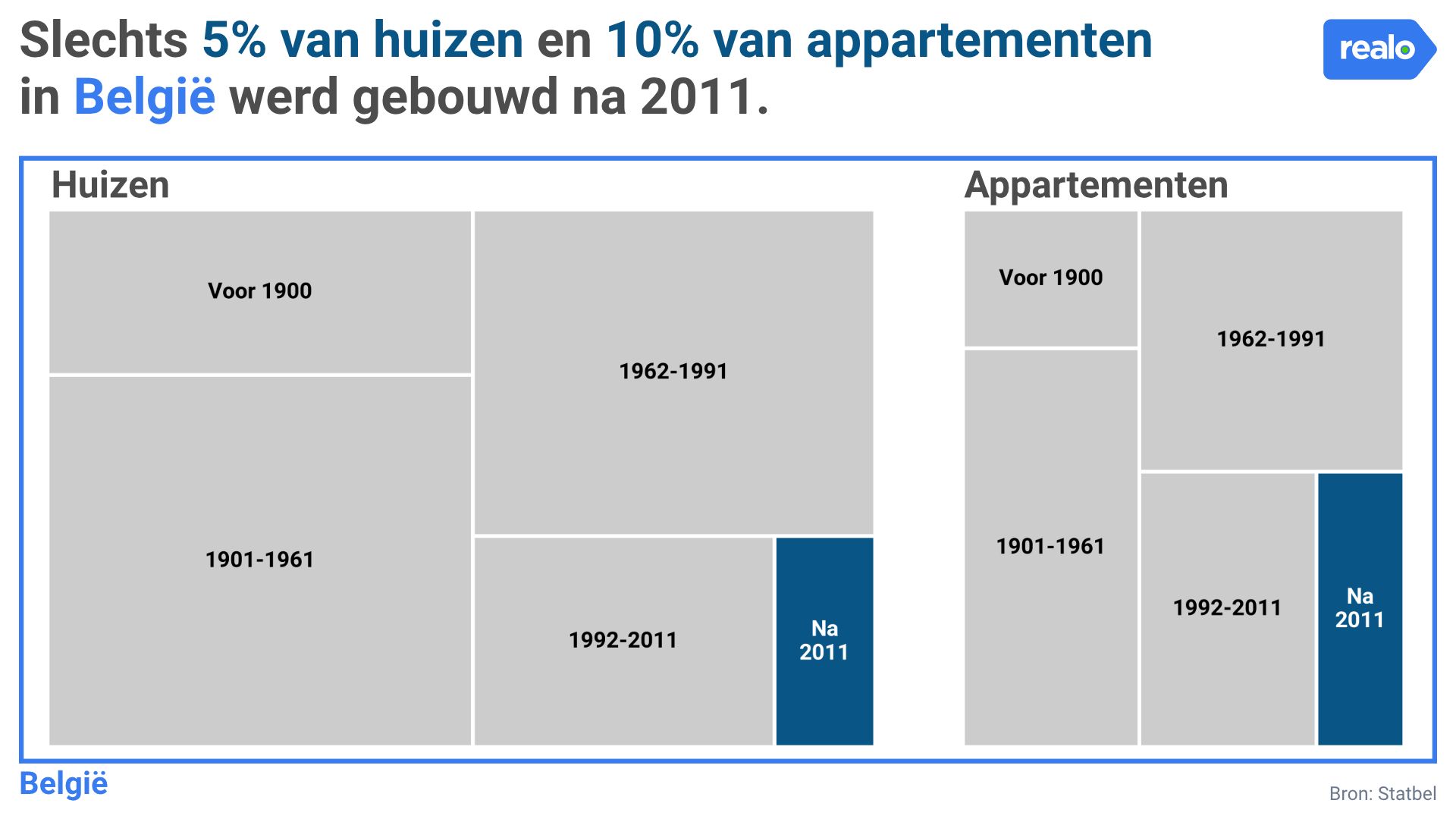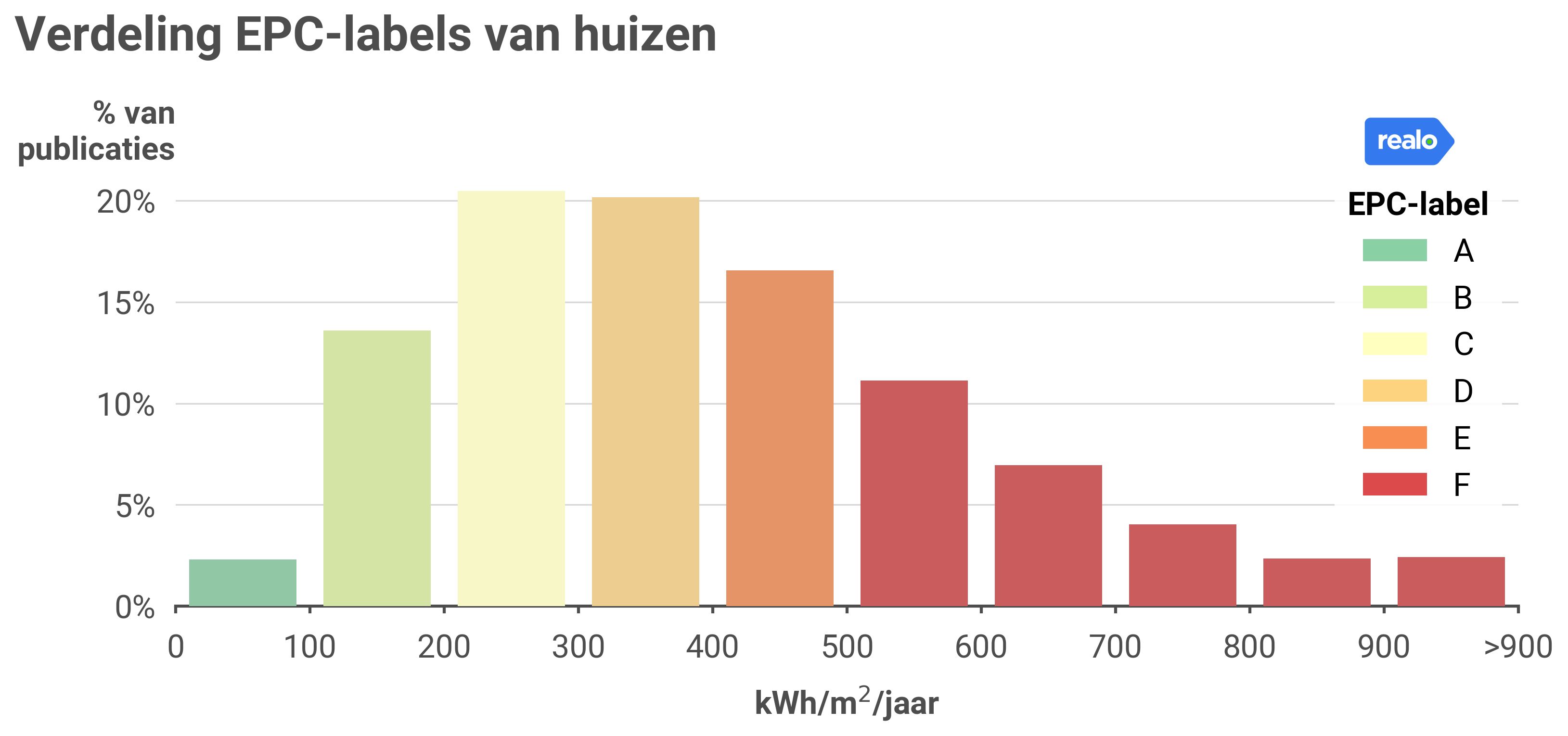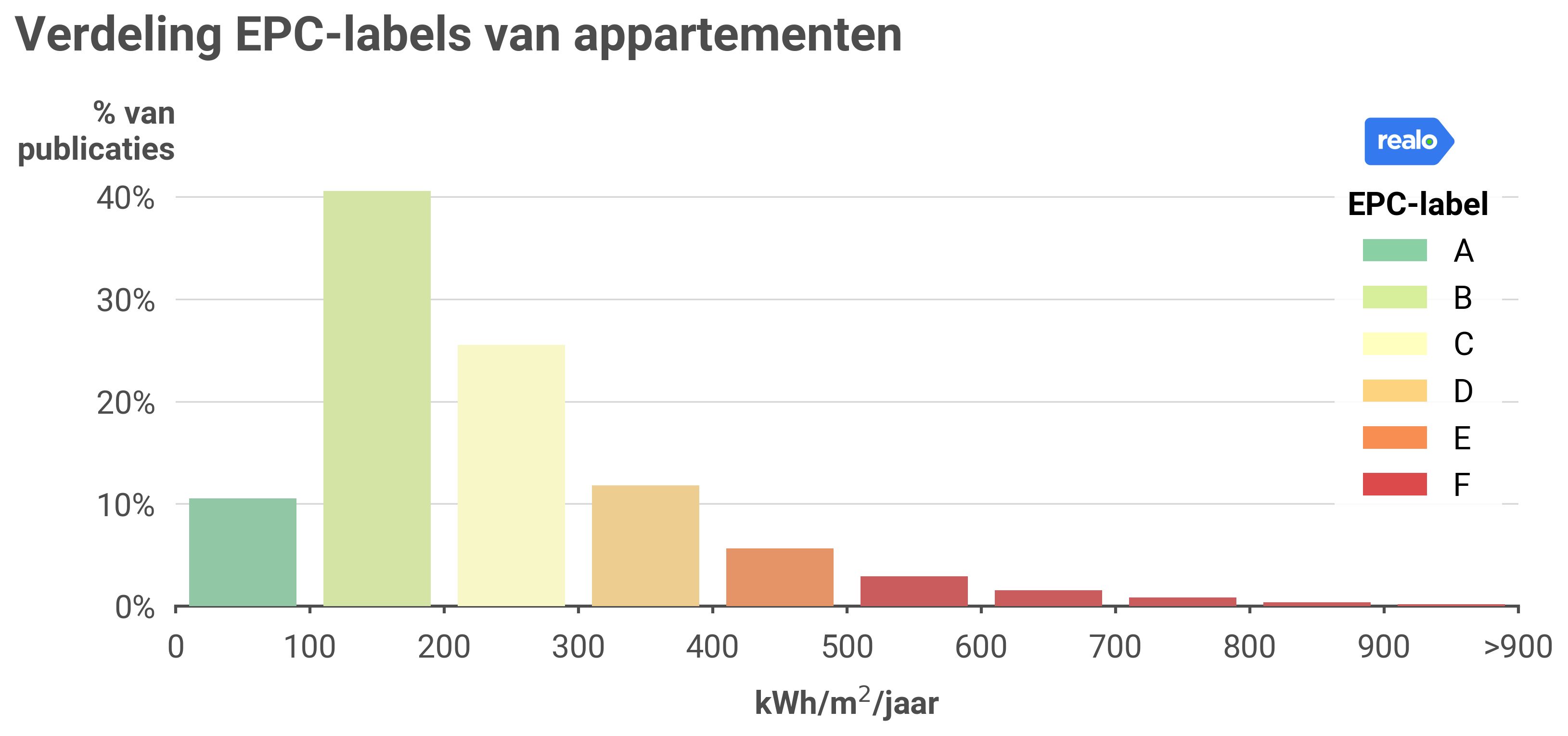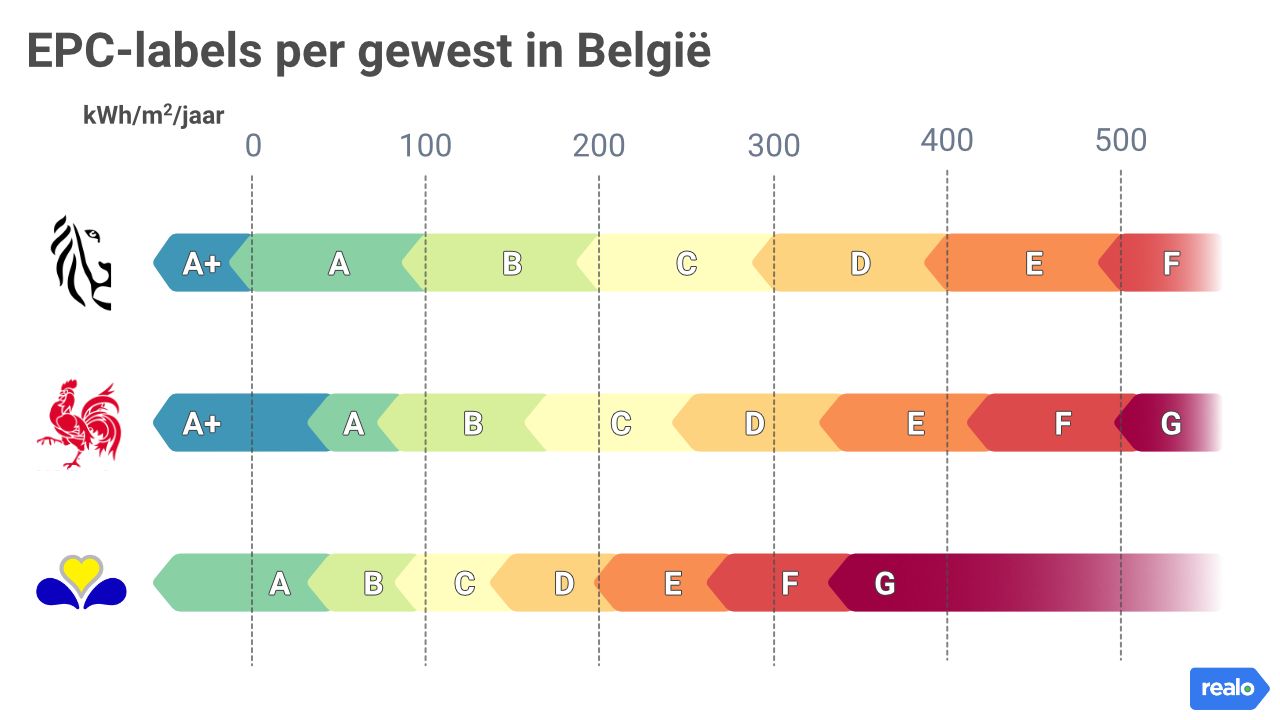Analysis: Belgian homes are old and energy inefficient
The European Commission wants all buildings in Europe to be climate neutral by 2050. Despite the ambitious targets set by the various regions in Belgium, the majority of homes in Belgium remain old and far from the energy efficiency targets.
Belgium is struggling with an outdated housing stock. Only 5% of houses and 10% of apartment buildings were built after 2011. Even worse, almost half of the houses and apartment buildings were built before 1970, when there were no insulation standards (it was not until the 1970s that the space between a cavity wall was filled with insulation material).

Housing in the Brussels Capital Region is particularly dated, with as many as 90% of houses and 70% of apartment buildings built before 1962. Proportionally, this does represent a small share of all housing in Belgium. Then it is worse in the Walloon Region, where more than half of all houses and apartment buildings were also built before the second half of the 20th century. 29% were even built before 1900.
Old homes push up EPC
In itself, the year of construction does not have to be an indication of the energy efficiency of a home, provided that the right renovations can also be used in an older home become energy efficient. However, we will see below that unfortunately this is not yet the case in Belgium. To begin with, the renovation rate in Flanders, and by extension the whole of Europe, is too low. The Flemish Government estimated in 2020 that approximately 2.5 % of Flemish homes are being renovated, but only a fraction of them would meet the 2050 targets. As an approximation of the renovation rate in Belgium, the European figures from 2016 cited. The European Commission then estimated the annual renovation rate in Europe at 1%, but again only 0.2% of the cases involved a thorough renovation. What about the energy efficiency of Belgian homes? Since the data on EPC certificates is not publicly available, we can approximate the distribution of EPC values in Belgium on the basis of properties that were offered online. Since 2019, it has been mandatory in Flanders to report energy consumption in an online publication, in Wallonia since 2015. First of all, it is striking that apartments are generally are much more economical than houses. As described earlier, researchers from KU Leuven calculated that the average energy consumption of apartments would be about 20% lower than relative to houses. Furthermore, we can see that only 2.3% of houses and 10.5% of apartments today would meet the 2050 target.


The question remains whether the outdated housing stock is the basis of the low energy efficiency. For this we can summarise the online publications per year of construction and annual energy consumption. Not surprisingly, older homes also have higher energy consumption. But because the majority of the housing stock consists of older homes, all regions are currently well above the target for 2050. Only the most recently built homes come close to an A label thanks to the increasingly strict energy standards for new homes.
Need for more and better renovations
We can therefore conclude that an outdated housing stock in combination with a low renovation rate leads to a housing stock that remains energy inefficient. It does not help that each region is authorised to set its own objectives and criteria. Both Flanders and Wallonia aim for homes to have an A label on average by 2050, but according to Flanders this is already from 100 kWh/m2/year, while the Walloon Region only awards an A label from 85 kWh/m2/year. The Brussels-Capital Region also sets an average target of 100 kWh/m2/year, but that translates into a C label or better.

Renovating is therefore more relevant today than ever. With rising construction costs, rising labor costs due to inflation and higher interest rates, the future of the new construction market is now more uncertain. On top of that there are also rising energy prices, which make an investment in energy-saving renovations even more interesting. If you wish to sell your home afterwards, such investments can also translate into a nice extra price.